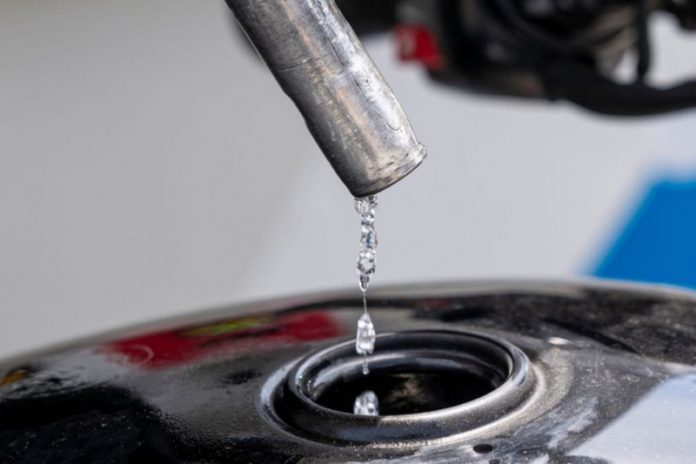Nigeria will likely spend 5.4 trillion naira ($3.7 billion) in 2024 – 50% more than in 2023 – to keep petrol prices fixed, while borrowing an extra 6.6 trillion naira to plug gaps in its budget, a draft document seen by Reuters showed on Thursday.
The “Accelerated Stabilisation and Advancement Plan” (ASAP), drafted by the finance ministry with private sector executives and some economists, aims to address challenges related to reforms aimed at boosting growth.
President Bola Tinubu last May axed a popular but costly subsidy on petrol in a landmark reform cheered by investors, to try to kick-start growth. But the move caused petrol prices to triple, increased transport cost and stoked inflation, angering motorists.
Tinubu has faced pressure from labour unions over the rising cost of living due to his reforms, but he has vowed not to roll them back.
Since July last year petrol prices have been fixed despite two currency devaluations. The country has relied on imports of petroleum products for years because state-owned refineries produce hardly any of them.
“At current rates, expenditure on fuel subsidy is projected to reach 5.4 trillion naira by the end of 2024. This compares unfavourably with 3.6 trillion naira in 2023 and 2.0 trillion naira in 2022,” the ministry said in the draft document.
Presidential aide Bayo Onanuga said Tinubu had received the draft on Tuesday, adding that it is still only a proposal containing suggestions on how to improve the Nigerian economy.
But analysts say that if the president approves the policy he could issue executive orders to begin implementing its recommendations, which include plans for the power, oil and gas, agriculture and healthcare sectors with support for business.
Nigeria’s economy has been stuck in low gear with growth of around 3%, far short of the 6% annual expansion Tinubu targeted when he came to power last year.
In its policy document, the ministry proposes that the government sell equity in its refineries by May 2026, increase the excise duty on beverages, and introduce a tax on single-use plastics and on sweetened beverages to raise funds.
It also states that the government will target oil production of around 2 million barrels per day by December, up from 1.4 million now, to boost cashflow and plug revenue gaps.

